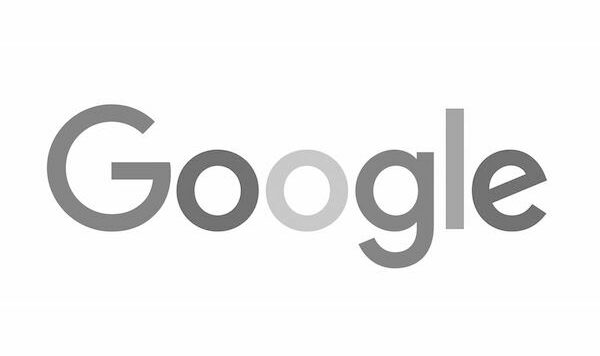Google Offers a Small Taste of Privacy. Very Small
It seems privacy has become something of a priority at Google. The company has introduced several new tools that it claims will enhance your online privacy. The surprise is that Google has never been known as company that really cares about your privacy. As matter of fact it was exactly the opposite. Google has reputation of prying into your life. Every fact of your life in case you didn’t know.
Google has introduced four new privacy options for Google Maps, YouTube, and Google Assistant and a new tool for monitoring password security.
Google Maps Incognito
Let’s start with Google Maps and its new Incognito mode. If you are unfamiliar with Incognito mode it is an option of the Google Chrome browser that alows you to surf the web without collecting a history of where you’ve been or what you viewed. Also known as the “porno mode.” But that has never been exactly private either. Many websites could still see you and track your visits. No, there was no evidence in your browser but the websites knew you were there.
Now the new Icognito mode for Google Maps will allow users to search and navigate without Google saving that information in your profile. Google Map’s Incognito mode will launch on the Android app in the coming weeks and on iOS later.
One of things that you need to remember about this Google Maps feature is that it is only good for Google’s privacy efforts. Your cellphone provider can still see where you been, where you are and where you’re going. So even though Google is offering the new privacy feature the benefit is negligible.
YouTube
Here is one privacy feature that may actually be of benefit if you are a YouTube junkie with something to hide. YouTube users can designate a recurring time frame for their history to be deleted. Currently they can delete their history of searches and views every three to 18 months and Google automatically deletes all saved data at that point. Nice!
But I if I can make this one point; not many people know that Google owns YouTube.
To set up this new feature you can visit your Google account’s My Activity page for YouTube, then choose to delete automatically, then select the interval.
But if you should choose to delete your YouTube history manually or even pause tracking activity altogether you can learn how to do so here.
Google Assistant
Everybody is afraid of that digital assistant listening on on their conversation. So why do you have one in your home? Never mind. Thats another conversation.
Now you can tell your Google Assistant to delete your recent conversation just by saying “Hey Google, delete what I just said.” If you want to be more specific you can even give a date by saying “ Hey Google, delete what I said on such and such a date.” Oh but don’t we wish it was that easy. There is a string attached here. If it was more than a week ago the commands won’t work. After seven days you have a slightly , just slightly, more complicated process to erase your voice activity. Older Google Assistant data can be easily managed and cleared in the Google Assistant app or in your Google Account’s My Activity menu. Just a quick tip you can also tell Amazon Alexa to “Fuggetaboutit.“
Google Password Check Up
Now how about them passwords. This is the most common and most vulnerable form of online security. Why do you think all the big tech companies are trying to kill it? Google is in on the murder plot too!
Google is offering a new password checker as part of its privacy push. Google is integrating its password protection tool into its Password Manager. The password checkup monitors your login data and alerts you if:
- A password is too weak,
- You’re reusing the same password too often,
- Or if your account credentials match any that have been listed in data breaches.
Keep this in mind; if you use the same password for your online music and your bank then what happens when the music site gets hacked? A lot of account take over fraud happens because of credential reuse. Another issue is a weak password or if the password has already been breached. Now you see why the password is the most vulnerable and weakest form of online security. Yeah, we’re stuck with them for now but if you’re not using two factor authentication then you’re asking for it.
Breaking It Down
This privacy announcement and offering from Google is nice but… Its nothing more than bullshit! Google has collected so much information about you and the billions of other people who use Chrome and their other products that its almost embarrassing to offer so little and still call it a privacy move.
Google stil doesn’t care about your privacy. What this is a nice bit of corporate masturbation. They are trying to convince themselves and the consumer they are privacy focused when in reality the amount of data they collect about everything else in your life amounts to a technological rape and lynching. Google sucks up everything you say do and think online and in private moments. The know what you think, where you live, where you work, what you drive, where, when you how you shop and even what tampons and hygienic products you use. And they sell every bit of it to advertisers. I dare them to deny it!
Yeah, so what if they let erase your YouTube history and your conversations from Google assistant. So what! And there are several services online that allow you to check you password strength and security. Google exists because they are so good at concealing what they do and how they lobby law makers to keep their eyes focused elsewhere. The have not had the kind of recent history that has Facebook going through hell. But in my opinion, their turn is coming.






